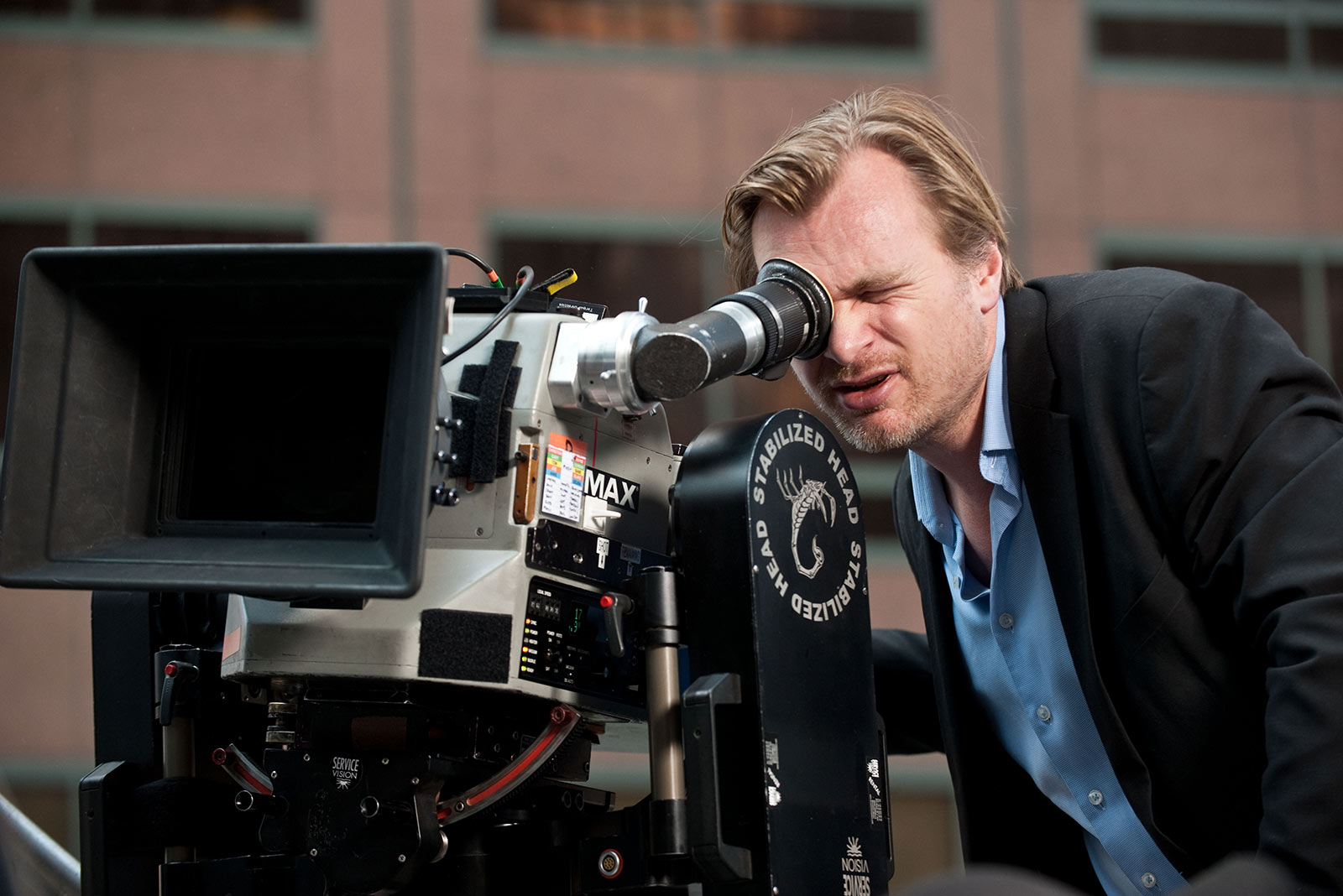Since I had the pleasure of seeing these two films in a double feature this past week, I thought both for the sake of consistency with my viewing and for the fun of linkage that I'd review them here together, in a single post.
Hitchock
Mr. Elfman's score says it all really: a jaunty, at times charming little piece that, despite heavily using the metaphor of a pool, fails to dive deep into the interpersonal dynamics of action on screen. Note that I categorized this film as a "Comedy" above, but also that I don't believe by reflecting on its screenplay that it was meant to be a comedy outright. In this note is really the whole of my review; the tone of the piece is so often wrong, playing on the side of the light rather than on the side of the dark and filtering intimate hard interactions through a winking lens of late '50s' Hollywood-style perfection. By diving despite this strange tide white-washing everything, Dame Mirren is the soul right in this film (though, it must be said, Mr. D'Arcy gives a spot-on supporting performance of Anthony Perkins). Her performance is graceful and complex, while her on-screen husband played by Mr. Hopkins is surprisingly unidimensional. Part of this discredit is certainly due to the errors of the screenwriter, Mr. McLaughlin, but the major part I think lies in Mr. Hopkins' hands. One cannot rely on the brightness of a young actress like Scarlet Johansson to paint by chiaroscuro the lines and hues of one's own role for oneself. There should have been more to Hitchcock than this....
Grade: B-.
Anna Karenina
Genre: Drama
It must be so disappointing for Ms. Knightley, to no longer blush like the first flower on the vine for one of Mr. Wright's films. Though not quite old enough to play this film's eponym, she is also not quite as young as she used to be; the vibrant youth that characterized her wonderful portrait of Elizabeth Bennet (Pride & Prejudice, directed by Wright in 2005) is all too absent from this latest role as the now classic Russian dramatic protagoniste. Rather, she flops, limpid and labile, feigning stunted versions of the true amplitudes of emotion and determination that the role is meant to embody. Mr. Law at her side, too unfortunately, is commensurately disappointing, flabby and staid. Indeed, only really Ms. Williams as the Countess Vronsky ever snapped my attentiveness to the screen - "snapped" indeed, for it was clear that thus Mr. Stoppard's lines were meant to be read, punctuating staccato the elegant choreography of the actors and sets preset by Mr. Wright. Truly, he stumbled upon some efficient machineries for delicately, appropriately shifting through the many scenes of the tale from which this film is adapted. So, unlike in Pride & Prejudice, here his best work is rather not in channeling the talents of his actors than in assembling those talents and their environs into lyrically contiguous tableaux vivants especially within the physically constrained domains of a single theatre. This achievement, however, was not perfect; he and his editrix missed some few (to my count) easy improvements in cutting together the series. For example, in an relatively early scene, a gunshot is fired after we as the audience are shown an establishment shot of a misty lake. This shot countermands the abruptness of the shift from the previous scene, by installing serenity after volatility and thereby making a rather underwhelming or even inconsummate climax to the preceding emotion. By having reördered the events here, so that the gunshot caps the emotion of the previous scene and the establishment shot reorients the audience after the brief scene into which it's been already transitioned, the ebb and flow of the piece would have been made more consistent within itself (as other instances of such punctuation were common throughout the rest of the film) and more impactful as an audio-visual narrative than it was. This type of improvement could have vastly elevated the grade of this film from interesting and beautiful - plaudits to costumer Ms. Durran - to captivating and elegiac.
Grade: B+.

















